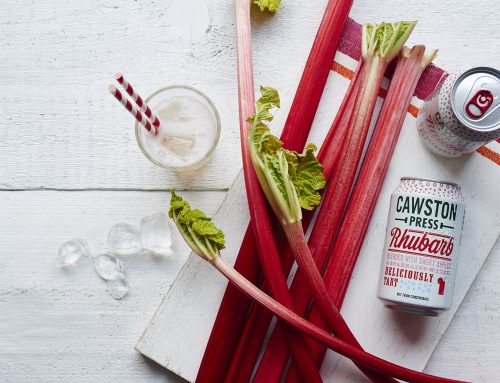Cycling Correspondent, Nick Hellen, writes about how joining a Tribe can help you beat the toxic side of modern life.
My former editor, catching a particularly idle journalist with his feet up on the desk in a deserted newsroom, asked how he expected to land his next story.
“I’m waiting for a letter,” explained the reporter, slightly miffed by the line of questioning. Further answer came there none.
Well, it was a while ago, in the last days of Fleet Street, but I think it tells us something about the way many of us approach the dismal task of keeping in physical shape during the winter.
It’s not that we don’t care, it’s just that, like my former colleague, we can’t see a link between personal effort and positive gains. Never mind trying to get beach body ready: at this time of the year we’re not thinking beyond overcoats, umbrellas and puddle-resistant shoes.
Given the nature of this column, it won’t surprise you that that sort of attitude simply won’t do. And at this point I could remind you that evolution hasn’t changed the fundamentals about the way our bodies and minds function. Hint: a healthy mind in a healthy body.
But you know all that already and indeed a fair few of you probably went to schools where pupils charging around muddy playing fields muttered it in Latin: Mens Sana in Corpore Sano.
Is there any difference between the child dreaming up reasons to be excused games – and the grown-up, twenty or more years later, postponing a visit to the gym or taking the bike for a spin?
I think there is, and it helps explain why even the strongest-willed find it difficult to act on their resolutions to keep fit. (Many did not even make it past January 12, the second Friday in the month, which sees the biggest single drop in activity according to data collated by Strava, the fitness app, which tracks cyclists and runners wearing GPS devices).
Evolution didn’t stop when we gave up stalking mammoths and dwelling in caves, but how often do we consider the impact on our bodies of the constant quest to design physical effort out of our lives?
It’s not just about the decline of manual labour. Housework used to be as energetic as a workout at the gym: children would keep out of their mothers’ way on cleaning and washing days as the house would be turned upside down in a frenzy of red-faced scrubbing and pummelling. No longer.
Some social theorists even argue that the invention of the washing machine (and other household gadgets) was more significant than the internet because they released women to join the paid workforce.
These powerful forces mean that for most of us, the only physical activity we do is that which we consciously chose to do. But on these grey mornings, willpower alone is not enough: we need to unleash a greater force-friendly peer pressure.
It is peer pressure which made me cycle off last Sunday morning to meet a group of pals for our four-hour thrash around the Surrey Hills. According to the Strava data, it is peer pressure which makes 92% of people continue with their activity for at least 10 months if they chose a specific target, and club members are 46% more active than non-members.
I don’t know if that letter ever arrived and if the reporter ever got his story. But I do know that a fellow journalist went on to create a successful business persuading office workers to shut the lifts and walk up the stairs instead.
Try it.




